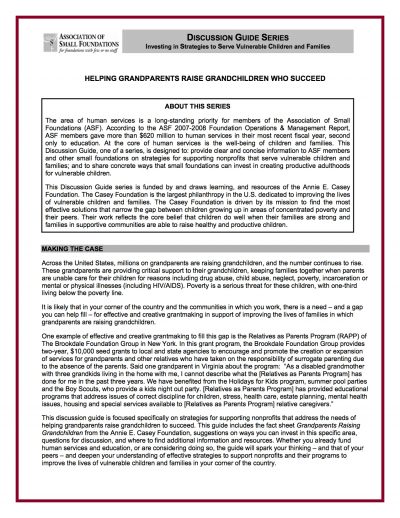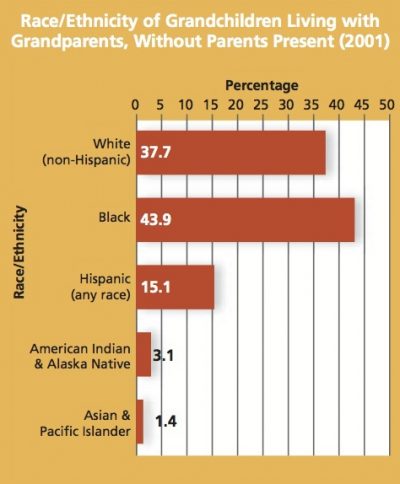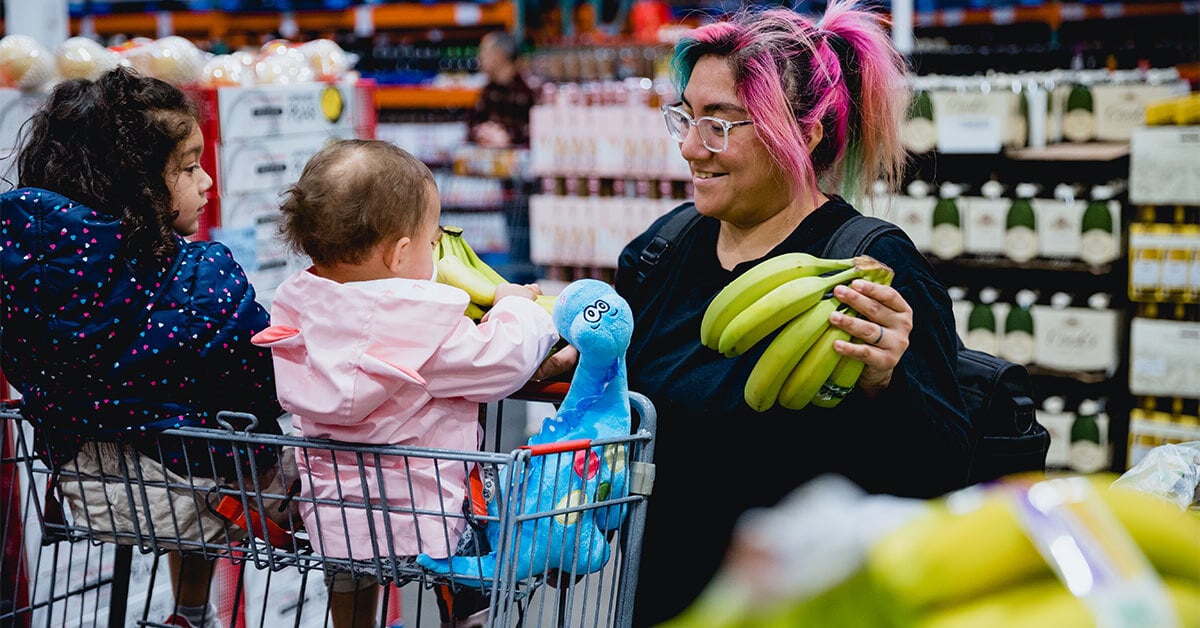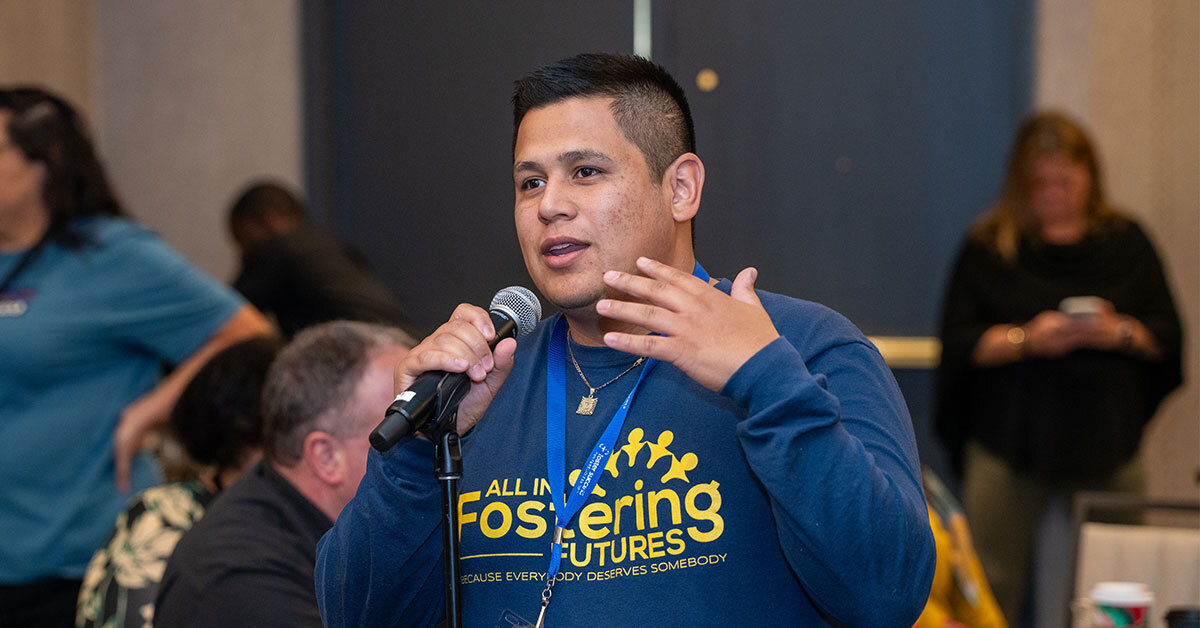No Budget? No Problem.
Three no-cost ways organizations can support grandparent caregivers are to: 1) provide space at your office for grandparent support meetings; 2) call stakeholders together to discuss this topic in-depth; and 3) post a resource list online.








